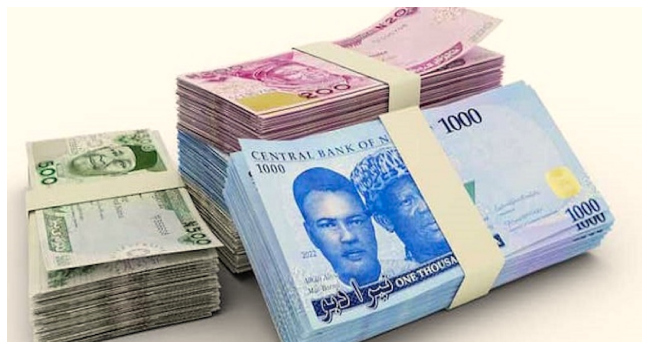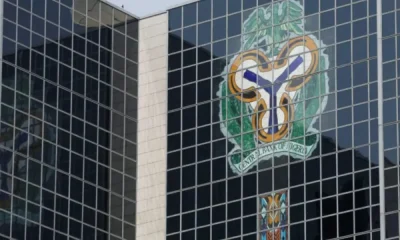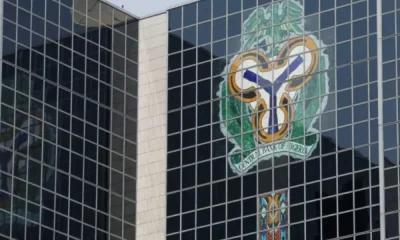BUSINESS
Nigeria’s Economic Policy Shift as CBN Cuts Interest Rate

The Central Bank of Nigeria (CBN) has announced a significant change in its monetary policy, reducing the benchmark interest rate by 50 basis points to 27%. This decision, the first rate cut in five years, comes after the Monetary Policy Committee (MPC) concluded its 302nd meeting on September 23, 2025.
The move marks a pivot from a prolonged period of monetary tightening aimed at combating high inflation. According to CBN Governor Olayemi Cardoso, the decision was driven by five consecutive months of sustained disinflation and a positive outlook for inflation for the remainder of the year. The central bank’s actions suggest a newfound confidence in the stability of key economic indicators.
A number of other key policy adjustments were made by the MPC. The cash reserve requirement (CRR) for commercial banks was reduced to 45% while that for merchant banks was kept at 16%. In a new measure, a 75% CRR was introduced on non-TSA public sector deposits. The liquidity ratio remains unchanged at 30%. These measures are designed to enhance liquidity management and improve the efficiency of the banking system.
The MPC expressed satisfaction with the current macroeconomic environment, pointing to improvements in several areas. These include a stable exchange rate, robust external reserves, and an improved growth in output. The committee particularly noted the accelerating pace of disinflation in August 2025, which was the most significant decline in five months. They credited this to the earlier monetary policy tightening, currency stability, increased capital inflow, and a surplus in the current account.
The committee also highlighted the positive effects of moderating fuel prices and an increase in crude oil production. These factors have contributed to an environment where monetary policy can now support broader economic growth and recovery.
In a related development, the National Bureau of Statistics (NBS) reported that Nigeria’s Gross Domestic Product (GDP) grew by 4.23% in the second quarter of 2025. This growth, which is a significant increase from the 3.48% recorded in the same period of 2024, shows the sustained recovery and resilience of the Nigerian economy.
The GDP report further revealed that the growth was broad-based, with strong performances in the agriculture, industry, and services sectors. The agriculture sector expanded by 2.82%, the industry sector grew by an impressive 7.45%, and the services sector saw a growth of 3.94%. In nominal terms, the aggregate GDP reached N100.73 trillion in Q2 2025, a 19.23% increase from the previous year.
The CBN’s decision to cut interest rates, combined with the positive GDP figures, signals a potentially new phase for Nigeria’s economy, one that balances continued price stability with the need to stimulate further growth.




